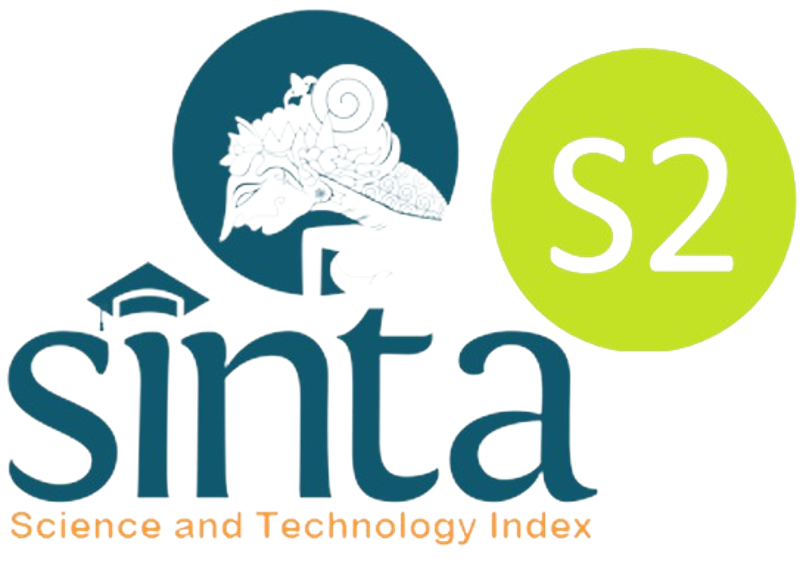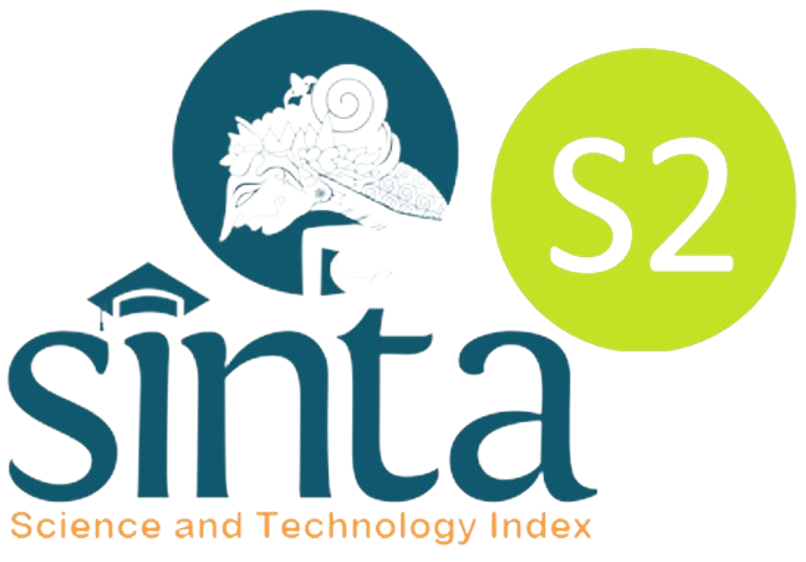THE EFFECTIVENESS OF SCIENTIFIC APPROACH-BASED SCIENCE LEARNING MATERIALS TO EDUCATE STUDENTS SCIENCE LITERACY
DOI:
https://doi.org/10.26740/jpps.v8n1.p%25pKeywords:
effectiveness, scientific approach, science literacy, learning materialsAbstract
The purpose of this research is to test the effectiveness of scientific approach-based science learning materials. Data collection techniques include: observation, test, and questionnaires. Research instruments include; sheets of learning implementation using scientific approach-based science learning materials, test, and questionnaires. Technique of data analysis used was classical mastery analysis on test result of learning (cognitive). In this research the effectiveness of scientific approach-based science learning materials can be measured through: (1) learning implementation, (2) learning outcomes, (3) activities, (4) students responses. Percentage of learning achievement reached 83,8% with well executed category, the percentage of students learning outcomes on cognitive aspect in terms of classical mastery in replication I and II reached 82.8% and 85.7% with complete category, the percentage of students activities on replication I and II reached 84.11 and 83.23 with active category and the percentage of students' respons reached 82% with positive response category. Based on the data exposure, the implementation of scientific approach-based science learning materials was effective to educate students science literacyDownloads
References
Artati, July. 2013. Literacy Science Literacy Analysis of Junior High School Students in Integrated IPA Learning on Extreme Weather Theme. Essay: UPI Bandung
Kemdikbud. 2016. Ranking of PISA Indonesia Achievement Improved. www.kemdikbud.com
Kusmaryono Imam & Suyitno Hadi. (2015). The Effect of Constructivist Learning Using Scientific Approach on Mathematical Power and Conceptual Understanding of Students Grade IV. Journal of Physics: Conference Series 693: IOP Publishing
Musfiqon & Nurdyansyah. 2015. The Approach of Scientific Learning. Sidoarjo: Nizamia Learning Center Sidoarjo
Permendikbud No. 81a Year 2013. Implementation Curriculum 2013. Regulation of the Minister of Education and Culture of the Republic of Indonesia
Sanjaya, Wina. 2010. Strategy of Learning-Oriented Standard Process of Education.Jakarta: Prenada Media Group
Sugiyono. 2016. Qualitative Quantitative Research Methods and R & D. Bandung: Alfabeta
Susilo, Muhammad Joko. 2016. Scientific Science-Based Scientific Learning Approach at SMP Muhammadiyah 2 Depok Sleman. Proceeding Bology Education (ISSN: 2528-5742), Vol 13 (1) 2016: 97-101
Wahyono, et al. (2017). Implementation of Scientific Approach Based Learning to Think High Levels in State Senior High School in Ketapang. International Journal of Education and Research Vol. 5 No. 8 August 2017. www.ijern.com
Yunus. 2015. Implementation of Scientific Learning 5M.www.kompasiana.com
Zuhdan, et al. 2011. Development of Integrated Learning Learning Tool to Improve Cognitive, Process Skills, Creativity and Implementing Scientific Concept of Junior High School Students. UNY Graduate Program.
Downloads
Published
How to Cite
Issue
Section
 Abstract views: 631
,
Abstract views: 631
, PDF Downloads: 401
PDF Downloads: 401












